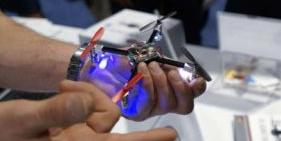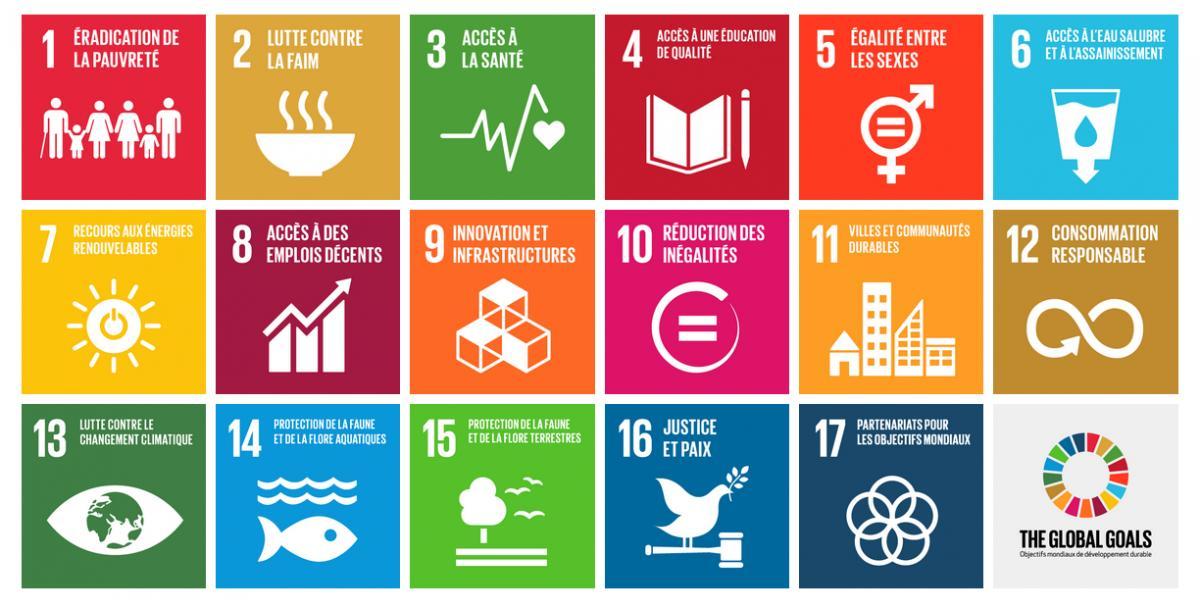Nigeria : Aviators urge ONSA to ease access to drone technology
- 13 May 2022 / News / 444 / Fares RAHAHLIA

• National disposable income slumps by 2.5%
The national disposable income slumped by 2.52 per cent in real terms last year compared with the previous 2020 figure, confirming that the condition of living continues to deteriorate.
This, weighed against the positive population growth rate estimated at 2.6 per cent, underscores the rate of poverty growth in the country.
The real growth of national disposable income is expected to surpass the population growth rate to achieve prosperity. A dwindling national disposable income also suggests falling consumption and savings, which are a necessary condition for economic growth.
According to report, the gross domestic product (GDP) report (expenditure and income approach) for Q3 and Q4 released by the National Bureau of Statistics (NBS), yesterday, the country recorded negative growth in national income across the quarters except for Q4 when it was up 2.84 per cent year-on-year (YoY), leading to annualised growth of -2.52 per cent.
“National disposable income grew by -1.48 per cent in the third quarter of 2021 and 2.84 per cent in the fourth quarter of 2021, but recorded growth of 0.32 per cent and -1.28 per cent in Q3 and Q4 of 2020 on a year-on-year basis in real terms, giving a slower growth rate of -2.52 per cent for yearly figure in 2021 compared to a positive growth rate in end 2020 (1.07 per cent),” the report said.
Interestingly, household consumption was up 25.65 per cent in the same year, suggesting that many Nigerians might have reduced savings to sustain or increase their consumption pattern. In contrast, government consumption spending contracted by as much as 34.03 per cent reflecting the shock in revenue.
Household consumption, according to the report, continues to account for the largest percentage of the GDP (measured by expenditure).
Stakeholders in the aviation sector yesterday, urged regulators to simplify the approval protocol for drone usage in the country.
The aviators, at the opening of the Drone Technology Conference and Exhibition at the NIGAV Centre in Lagos, said the economy has a lot to gain from its full utilisation.
Chief Executive Officer (CEO) of the Accident Investigation Bureau Nigeria (AIB-N), Akin Olateru, noted that the world had warmed up to the deployment of safe usage of drones, and Nigeria should not continue to be an exception.
Olateru added that the need in Nigeria was too large to have all approvals dependent on the busy Office of the National Security Adviser (ONSA).
He said once approvals are less tedious, this technology can be deployed in several sectors, including agriculture, health, traffic management and security.
“We need to simplify all processes of drone approval. It is too cumbersome. ONSA is a busy office and cannot be taking individual requests for drone technology. If we want to move forward, we need to find a way to simplify the process.
“The benefits are indeed enormous. With drones, we can monitor traffic on the Third Mainland Bridge. Are we investing in drones enough to monitor our pipelines? Are drones monitoring our perimeter fencing at our airports? Those are an avalanche of opportunities,” Olateru said.
Convener of the conference, Fortune Idu, said the deployment of drones had gone beyond threat to safe air flights, and a reason to embrace its emerging opportunities.
Idu said the three-day conference was aimed at promoting the advancement of Unmanned Aerial Vehicles (UAVs), as a game changer with its numerous applications.
“Before the end of this decade, the UAV and autonomous vehicle industry will experience exponential growth and the application of drones will be found in virtually every sector.
“This emerging industry has huge potential to create jobs in software and hardware engineering while empowering other sectors to deliver speed, efficiency and cost effective services,” he said.
source: guardian.ng
 English
English
 français
français
 العربية
العربية







